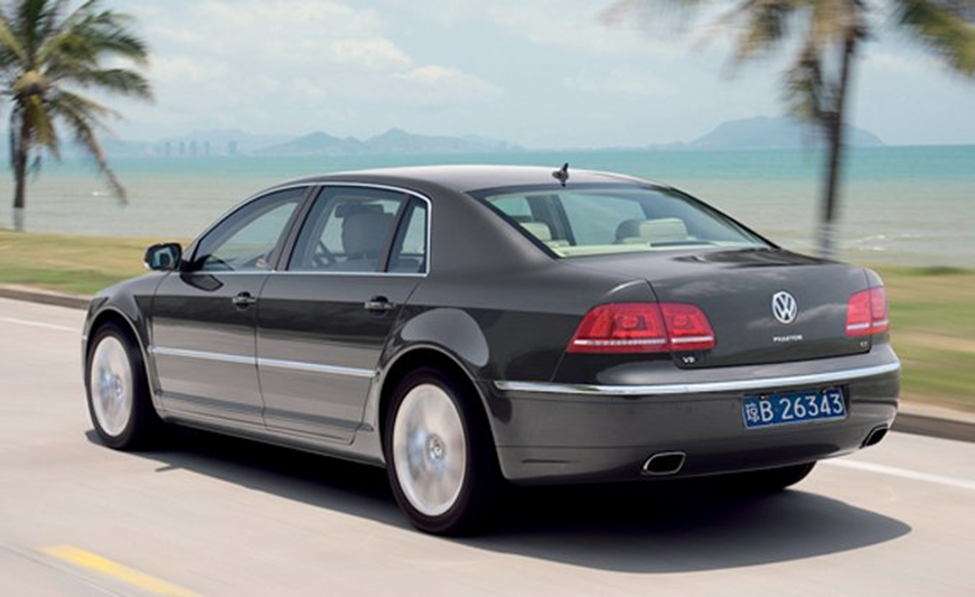This past January, a Boeing 747 loaded with 11 Volkswagen Phaetons landed at Doha, the capital of Qatar, in the Persian Gulf. The cars and their drivers had been sent there for one day to chauffeur Volkswagen’s senior executives and members of its supervisory board, including chairman Ferdinand Piëch and chief executive Martin Winterkorn. The high-level delegation came to Qatar to attend the country’s first auto show and the Middle East Automotive Summit.
By international standards, the Qatar show is a minor regional event. Qatar is a small desert state with a population of about 1 million and a new-car market of just 40,000 units a year. It has no vehicle manufacturing, but it does have a lot of oil and natural gas; because of that, Qatar has a lot of money.
It was that money—more than $7 billion of it—that brought the most senior people from Europe’s largest car company to Qatar. Qatar Holding, LLC, owns 17 percent of the massive Volkswagen Group.
Qatar started investing in Porsche when the Stuttgart sports-car maker ran into trouble after its audacious attempt to take over Volkswagen. Porsche sold 10 percent of its voting shares to Qatar. Now the tables are turned, and VW is bringing Porsche into the Volkswagen Group, with Qatar as its largest shareholder. But Qatar isn’t the only Middle Eastern state investing oil riches in the car business.
Actually, the Persian Gulf has been putting money into car companies since the 1970s. In the wake of the first oil crisis, nearly four decades ago, Mercedes-Benz’s parent company, Daimler-Benz, benefited from funds from newly rich Kuwait. Since then, Middle Eastern money has become an increasingly important factor for top-end European carmakers. But now, amid political and social turmoil in the region, some of those companies are beginning to feel uncomfortable.
An important chapter in the story dates back to 1977, when Gianni Agnelli, chairman of Italy’s biggest industrial group, sought outside financing to support Fiat’s then-struggling car business. With oil prices on the rise, Middle Eastern producers had money to spare. Italy’s strongest links in the region were with its former colony Libya. The Libyan Arab Foreign Investment Company paid some $400 million for a 15-percent stake in the Fiat Group and appointed two directors to the Fiat board.
This became problematic for Fiat when the el-Qaddafi regime was identified as a sponsor of international terrorism. In 1986, Fiat persuaded a reluctant Libya to sell back its shares. To the likely discomfort of Fiat CEO Sergio Marchionne and the current Fiat management, Libya later acquired—and continues to own—a new stake in Fiat amounting to about two percent.



